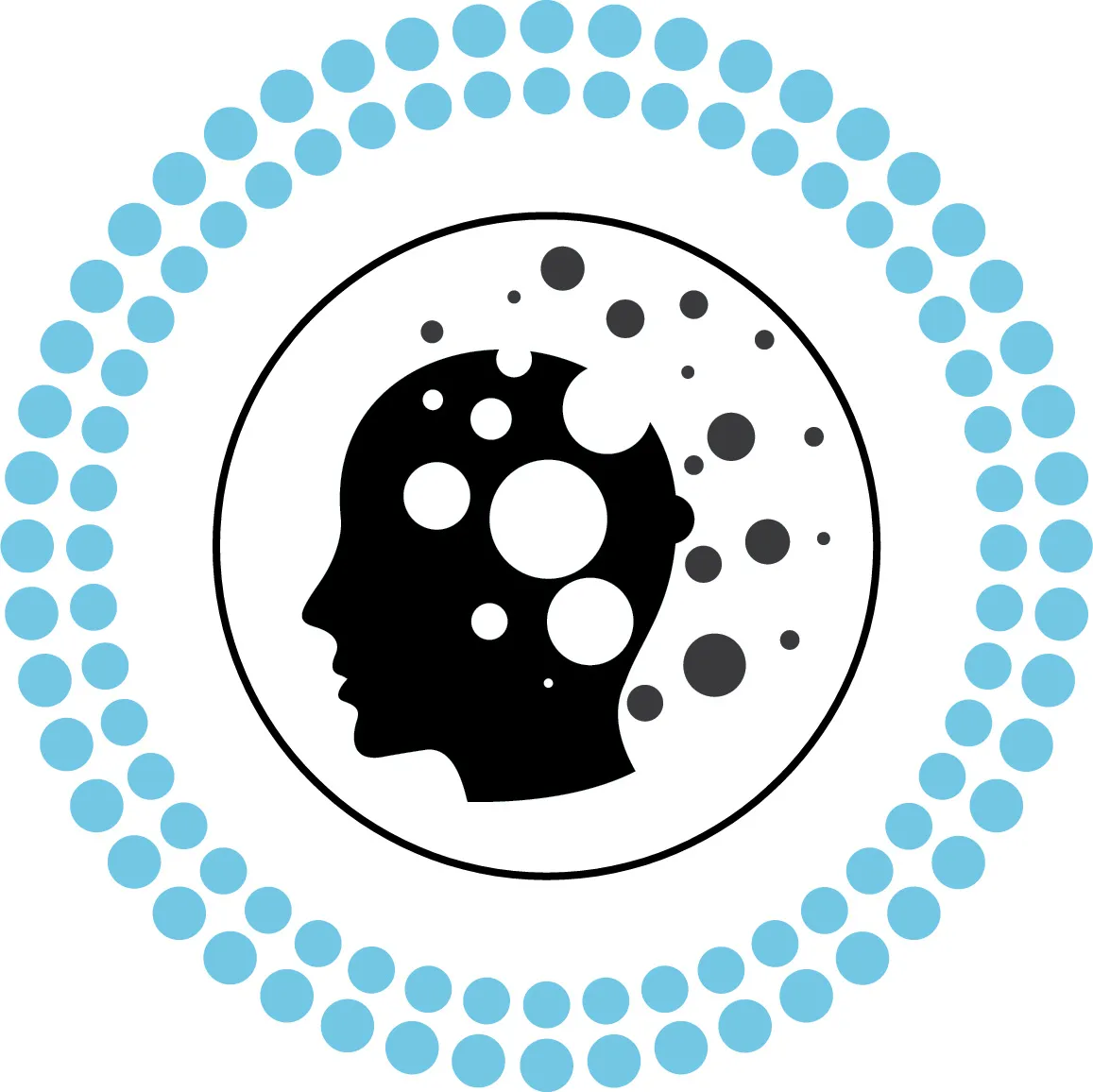Introduction
Cognitive distortions, also known as irrational thoughts, are patterns of thinking that lead to inaccurate or negative perceptions of reality. These distortions can have a significant impact on our mental health and well-being, leading to feelings of depression, anxiety, and even self-sabotage. In this article, we will explore cognitive distortions through the lens of Carl Jung’s theories of the unconscious mind.
The Unconscious Mind
Carl Jung believed that the unconscious mind is the source of our deepest thoughts, feelings, and desires. It is the part of the mind that is not immediately available to our conscious awareness, but it still influences our thoughts and behaviors. The unconscious mind can be divided into two parts: the personal unconscious and the collective unconscious. The personal unconscious is unique to each individual and contains memories, emotions, and experiences that have been repressed or forgotten. The collective unconscious, on the other hand, is a universal aspect of the unconscious mind that contains archetypes, or universal themes and patterns that are shared by all humans.
Cognitive Distortions and the Unconscious Mind
Cognitive distortions are thought patterns that can be traced back to the unconscious mind. They are often rooted in past experiences and memories that have been repressed or forgotten. These thought patterns can manifest as negative self-talk, such as “I’m not good enough” or “I’ll never be able to do that.” They can also manifest as irrational beliefs, such as “bad things always happen to me” or “I can’t trust anyone.” These thought patterns can lead to distorted perceptions of reality, causing us to react in ways that are not beneficial to us.
Identifying and Overcoming Cognitive Distortions
The first step in overcoming cognitive distortions is to become aware of them. Pay attention to your thoughts and emotions, and try to identify any patterns of thinking that are negative or irrational. Once you have identified these thought patterns, try to challenge them. Ask yourself if the thought is based on fact or if it is a distorted perception. If it is a distorted perception, try to reframe the thought in a more positive or realistic way.
Jung believed that the best way to overcome cognitive distortions is to become more aware of the unconscious mind and to work with it, rather than against it. This can be done through techniques such as meditation, journaling, and therapy. By understanding the unconscious mind and working with it, we can gain insight into our thought patterns and overcome cognitive distortions.
Conclusion
Cognitive distortions can have a significant impact on our mental health and well-being. By understanding the unconscious mind and how it influences our thoughts, we can learn to identify and overcome these distortions. This can lead to a greater sense of self-awareness, improved mental health, and a more positive outlook on life.




